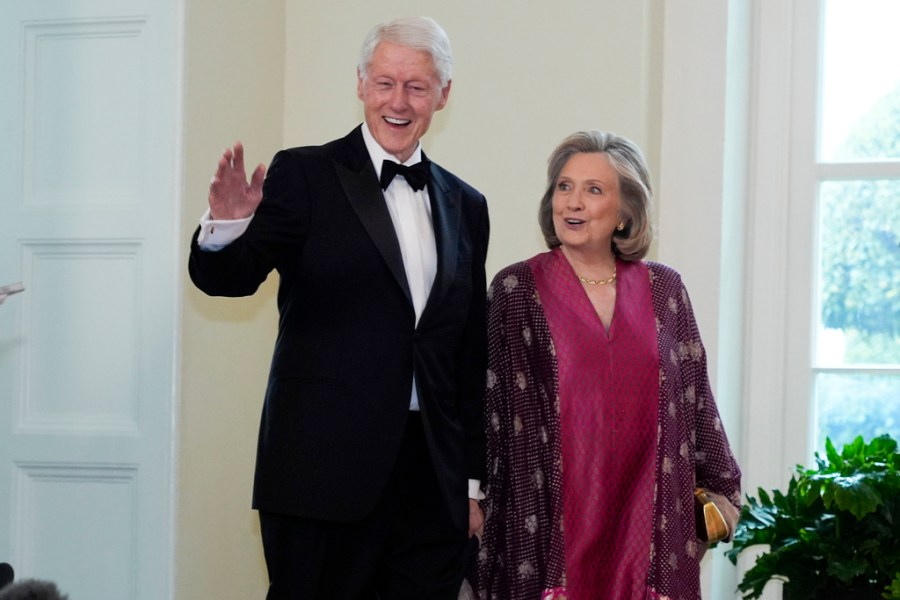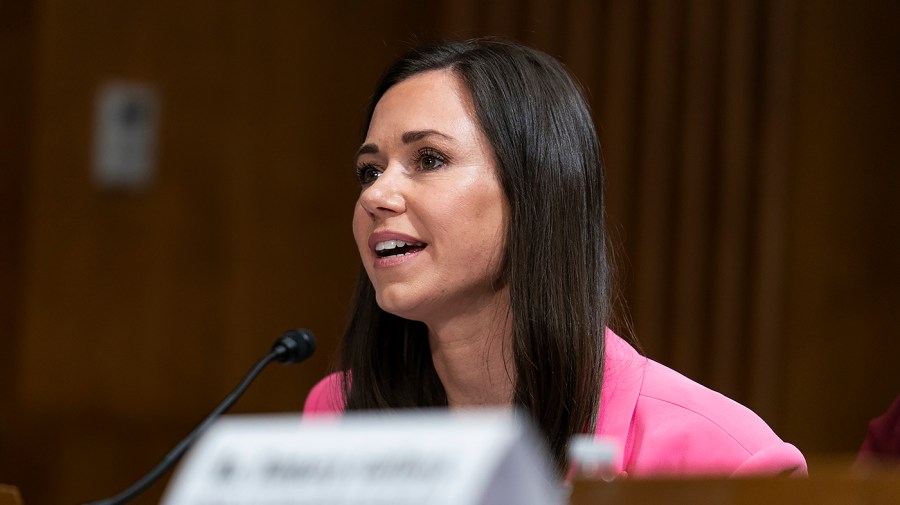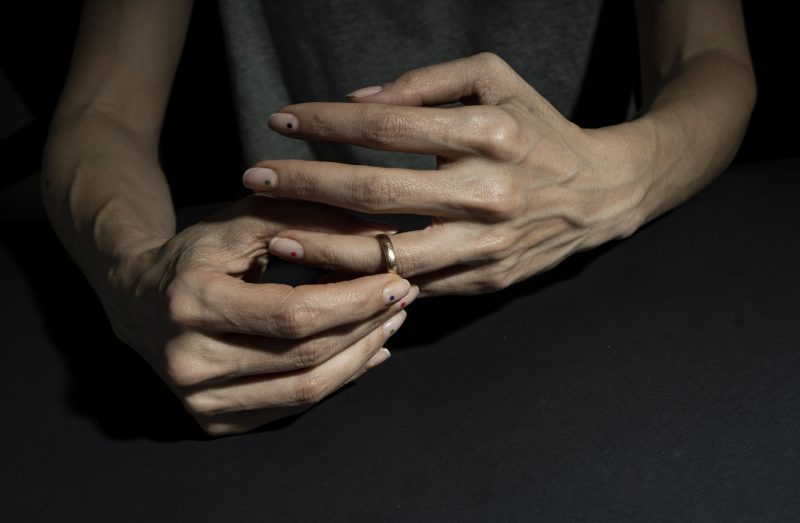The Democratic Party is hemorrhaging men. Across the U.S., they are leaving in waves — from the unions that once powered the party’s muscle, from classrooms that once echoed with idealism, and from a movement that now talks at them rather than to them. Polls show young men flocking to the right in numbers not seen for generations.
The trend isn’t a blip but a brutal reckoning. And no amount of branding or beer ads will stop it.
The party’s latest efforts to woo men are almost painful to watch. The Democratic National Committee has poured money into influencer partnerships, podcast cameos and clumsy “masculinity” campaigns filmed in gyms. Spokespersons drone on about “kitchen-table issues,” as if men are sitting there waiting to be emotionally validated between spoonfuls of reheated stew.
None of it works because it isn’t real. Men don’t want to be sold to. They want to be spoken to. The problem isn’t packaging but posture. A party that has spent years pathologizing masculinity can’t expect gratitude from the men it has spent so long diagnosing.
There was a time when Democrats didn’t need to perform masculinity because they personified it. Franklin Roosevelt, Harry Truman and John Kennedy all spoke the language of strength, duty and sacrifice. Even Bill Clinton, for all his flaws, employed charisma as a form of command. Barack Obama combined intellect with authority. These were men who carried themselves with a quiet confidence that others respected because they aspired to it.
But somewhere along the line, that current of conviction faded. The virtues that once defined Democratic leadership — resolve, discipline, fortitude — were recast as remnants of a primitive past. The same movement that once celebrated builders and breadwinners began to sneer at them. Masculinity became something to manage rather than to honor. The sermon grew stale: You are privileged, you are problematic, you are not welcome here anymore.
That message has exhausted its power. The modern Democratic man — the one trending on social media, fluent in the language of “lived experience” — feels less like a leader and more like a life coach. Pete Buttigieg speaks with the soothing detachment of a corporate wellness coach. Cory Booker dispenses compassion like a man who’s been trapped on the seminar circuit too long. Tim Walz, Kamala Harris’s ill-fated running mate in 2024, was less a spark than a screensaver — steady, silent and impossible to remember once gone.
They are not bad men, but they are beige ones. They speak softly while the world shouts. They offer “community care” when men want competition, competence and consequence. They promise conversation in a culture crying out for courage. They mean well, but politics built on politeness never stirs the blood.
Meanwhile, Republicans — loud but unmistakably alive — speak in the tone of reality. President Trump, War Secretary Pete Hegseth and White House adviser Stephen Miller may be coarse, but they speak with purpose. They treat the male instinct not as a disease but as a drive. They talk about work, pride, duty and protection — things men recognize because they live them. They make politics sound like it has purpose again. Men don’t need to agree with them to understand them.
Democrats have mistaken attention for trust. They think a viral podcast clip can replace authenticity. They think a few “relatable” posts will fill the void left by decades of disdain. But men are not looking for content. They’re looking for meaning. They are tired of being told what’s wrong with them and desperate for someone to tell them what’s right. A party that once built bridges now burns them. A movement that once fought for workers now fights for abstractions no one believes in.
It wasn’t always this disconnected. The Democratic Party once inspired men to see themselves as part of something greater — families, unions and a country worth defending. Today, however, the same party mocks faith, discipline and fatherhood as punchlines. It worships inclusion but forgets loyalty. It preaches equality but forgets basic humanity.
If Democrats truly want to win men back, they’ll need more than consultants and hashtags. They’ll need to rediscover their backbone. They’ll have to speak about duty without apology, about strength without suspicion and about ambition without shame. They’ll have to rediscover that empathy without authority is just noise. They must remember that admiration cannot be outsourced; it must be earned.
Until then, men will keep drifting right — not because they have changed, but because Democrats have. The party of Roosevelt and Kennedy has swapped mettle for madness, common sense for the kind of nonsense only consultants applaud. It no longer commands respect because it no longer gives it.
The irony is almost poetic. Democrats say they want to reconnect with men. Yet every strategy they devise sounds like it was written by someone who’s never met one. They’ve turned politics into therapy and wonder why men don’t show up for the session. For all their algorithms and analytics, they’ve forgotten something simple. Men don’t want to be managed. They want to be moved. And no amount of focus groups can teach a party how to speak to the soul.
John Mac Ghlionn is a writer and researcher who explores culture, society and the impact of technology on daily life.














